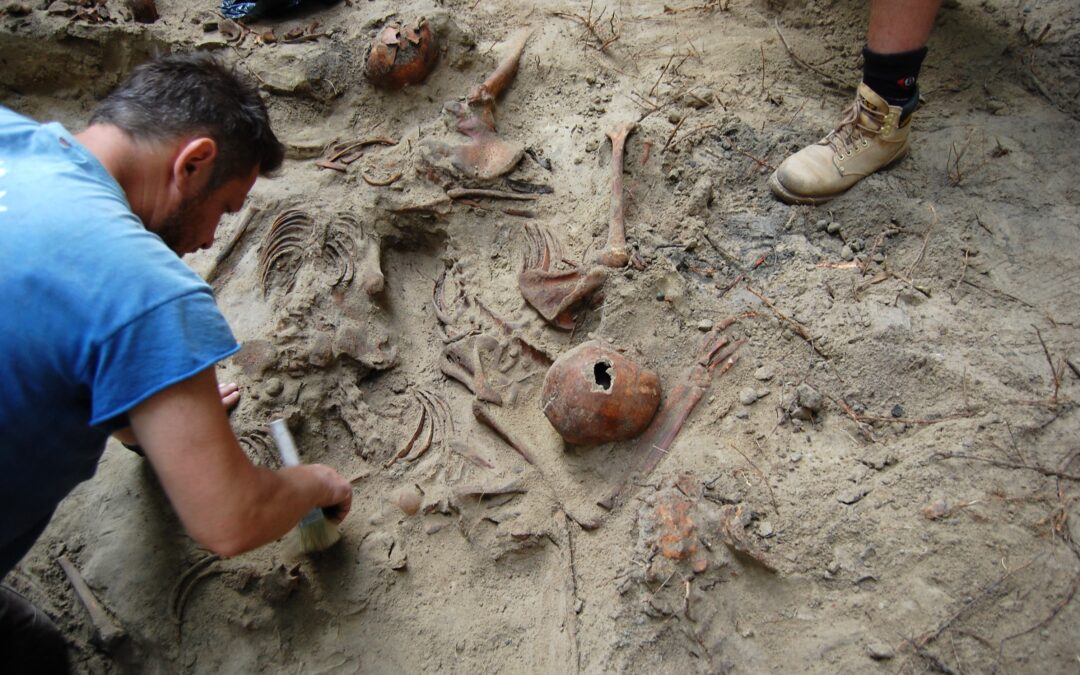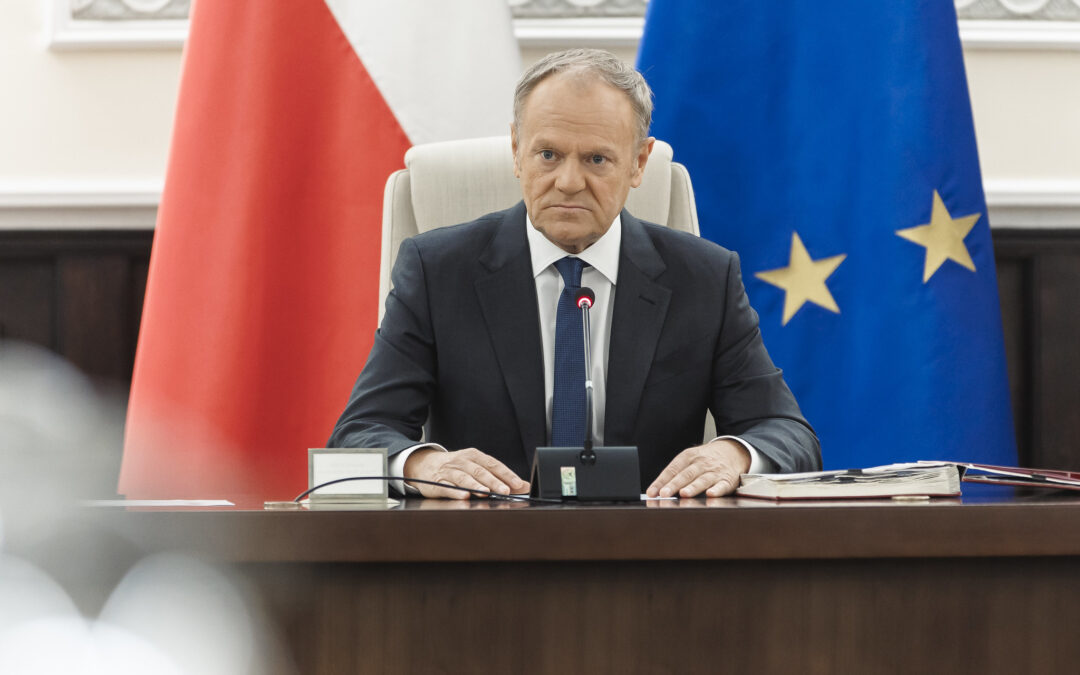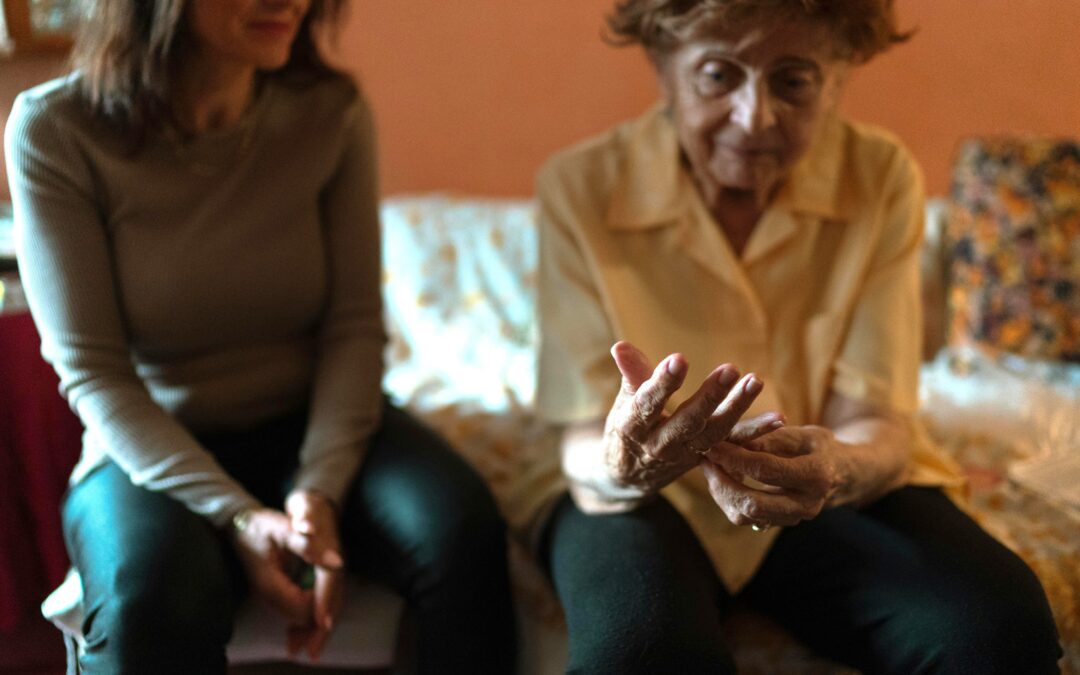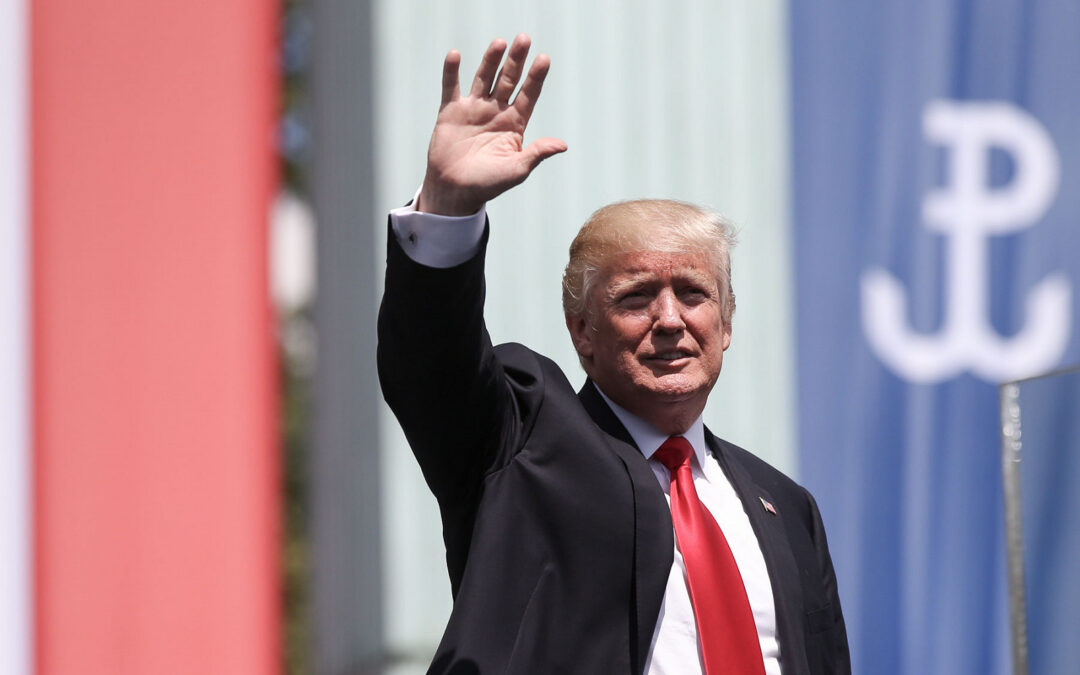A deputy Polish foreign minister has warned that “it is hard to imagine” Ukraine achieving its aim of joining the European Union without Kyiv first allowing the exhumation of victims of the Volhynia massacres, during which tens of thousands of ethnic Poles were killed by Ukrainian nationalists.
His remarks came in response to the head of the Ukrainian Institute of National Remembrance (UINR) suggesting that such exhumations would only be permitted if Poland does more to restore damaged memorials to Ukrainian fighters on its territory.
The row is the latest in a series of disputes over World War Two history that have caused tensions between two otherwise close allies. Poland regards the Volhynia massacres as a genocide, and its parliament has recognised them as such, but Ukraine rejects the use of that term.
Ukraine's ambassador has criticised the "unacceptable" suggestion by Poland's foreign ministry spokesman that President @ZelenskyyUa should apologise for the Volhynia massacre, which saw up to 100,000 ethnic Poles killed by Ukrainian nationalists in WWII https://t.co/45QnIsTgpO
— Notes from Poland 🇵🇱 (@notesfrompoland) May 21, 2023
In an interview last week with Ukrainian news agency Glavkom, Anton Drobovych, head of the UINR, claimed that he “does not see interest in cooperation” from the Polish authorities, including Poland’s Institute of National Remembrance (IPN).
Drobovych noted that monuments to and graves of soldiers belonging to the Ukrainian Insurgent Army (UPA) have been vandalised in Poland. “Until [they] are restored, we cannot give permission for new exhumations of Poles buried in Ukraine, because Ukrainian graves in Poland are still in danger,” he said.
“We insist on parity in relations,” continued Drobovych, who claimed there is a “reluctance or unwillingness on the Polish side to restore justice, fulfil its own law, and comply with international obligations”.
Wywiad z prezesem Ukraińskiego IPN, w dużej mierze poświęcony RP i skargom na @ipngovpl – jest złą informacją. Jeśli to nie samowolka, to albo Drobowyczowi brakuje talentów komunikacyjno-dyplomatycznych, albo rząd UA nie chce ekshumacji ofiar zbrodni UPA. https://t.co/g0b7qJqmhx
— Łukasz Adamski (@LukaszAdamskiPL) June 17, 2023
Those remarks sparked anger in Poland, in particular the attempt to draw equivalence between unexhumed victims of the Volhynia massacres – who were civilians, the majority of them women and children – and monuments to the UPA, which was responsible for carrying out those massacres.
“There is no symmetry here,” said deputy foreign ministry Paweł Jabłoński in an interview with state broadcaster TVP. “The victims of a crime have the right to a burial.”
Jabłoński called Drobovych’s comments “very unwise, very inappropriate, harmful to Polish-Ukrainian relations”. He noted that they point to the fact that the legacy of the Volhynia massacres “has not been resolved and requires further work”.
“Ukraine is trying to join the EU,” added the Polish deputy minister. “It’s hard for me to imagine that this issue would not be resolved before Ukraine’s accession to the EU.”
Krótki komentarz w @WiadomosciTVP ws. wypowiedzi szefa UIPN:
Polski rząd nie zapomina o rzezi wołyńskiej. Ofiary zbrodni mają prawo do pochówku i godnego upamiętnienia. Liczymy na to, że ekshumacje będą odbywać się bez żadnych przeszkód i warunków. Transakcyjna polityka i… pic.twitter.com/w4Cdu1QbUA
— 🇵🇱 Paweł Jabłoński (@paweljablonski_) June 18, 2023
Meanwhile, a former head of the IPN, Łukasz Kamiński, told news website Onet that Drobovych’s comments were “ill considered”.
Tadeusz Isakowicz-Zaleski, a Catholic priest closely involved in commemorating victims of the Volhynia massacres, told news outlet Wirtualna Polska that Drobovych’s remarks serve as a “bucket of cold water for the Polish authorities” and their claims of constructive dialogue with Ukraine over this issue.
In March this year, Poland’s prime minister, Mateusz Morawiecki, said that he had received personal assurances from Ukrainian President Volodymyr Zelensky that Ukraine will permit the exhumation of victims of the massacres.
Poland’s prime minister says he has received personal assurances from @ZelenskyyUa that Ukraine will permit the exhumation of victims of the Volhynia massacres, in which Ukrainian nationalists killed tens of thousands of ethnic Poles during WWII https://t.co/gJI3YntsHg
— Notes from Poland 🇵🇱 (@notesfrompoland) March 14, 2023
Last month, the speaker of Ukraine’s parliament, Ruslan Stefanchuk, told Poles during a visit to Warsaw that “we understand your pain” regarding the “terrible events in Volhynia”.
However, last year Ukraine’s ambassador to Germany sparked anger in Poland when he denied that Ukrainian nationalist leader Stepan Bandera was responsible for the mass murder of ethnic Poles and Jews, and also sought to justify his collaboration with Nazi Germany.
That prompted intervention from the Polish government, who then again complained later in the year when the same ambassador was appointed as a deputy foreign minister.
The chairman of Ukraine's parliament has expressed sympathy for the pain caused by the massacre of ethnic Poles by Ukrainian nationalists during WWII, a longstanding source of tension
His speech in Poland's parliament earned a standing ovation from MPs https://t.co/B4hbkohODN
— Notes from Poland 🇵🇱 (@notesfrompoland) May 25, 2023
Main image credit: Leon Popek/Wikimedia Commons (under CC BY-SA 3.0)

Daniel Tilles is editor-in-chief of Notes from Poland. He has written on Polish affairs for a wide range of publications, including Foreign Policy, POLITICO Europe, EUobserver and Dziennik Gazeta Prawna.




















